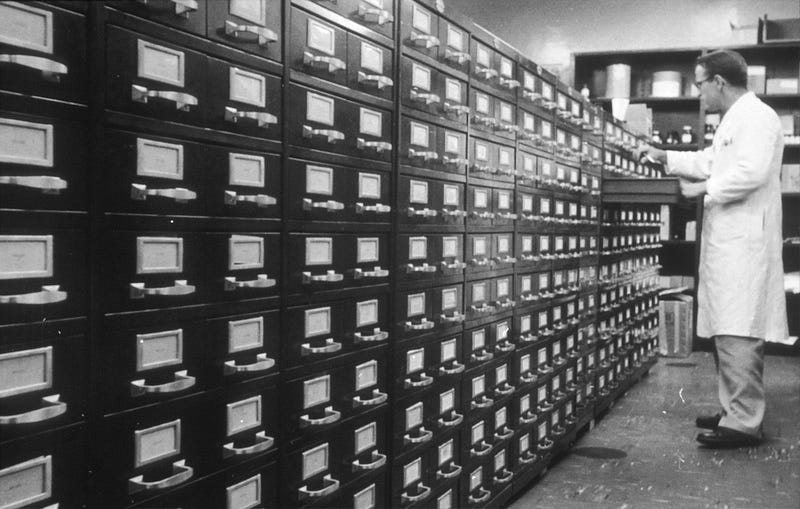A Discussion of Bourgeois Equality Chapter 43 “Ideas Made for a Bourgeois Revaluation”
Dr. McCloskey is continuing her exploration for the factors that caused the Great Enrichment to occur when and where it did, nineteenth century England.
She has been focusing on many economic and cultural factors so far, but in this chapter she wants to emphasize the role of ideas because she wants to remind us how multidimensional the shift was.
The Bourgeois Revaluation had also legal, political, personal, gender, religious, philosophical, historical, linguistic, journalistic, literary, artistic, and accidental causes. (p. 410)
Two hundred years before the Industrial Revolution commences, Europe had a major shift in ideas as the Enlightenment, or Age of Reason, reigned.
This new questioning of authority underlies the religious reformation she has discussed in previous chapters.
It was not a centrally planned overthrow of the old medieval ways of thinking, but a focus on science and rationality would lay the groundwork for many of the inventions that will propel the Great Enrichment.
What changed was ideas, mainly, not economic interests. The common set of ideas in the Enlightenment were ethical and political. One must settle matters by making open arguments, it came to be said, not by applying political force. (p. 411)
A growing respect for ideas, science, and arguments leads to those who have the best ideas rising to the top, despite the status they are born into. This is another way of understanding why the old hierarchical aristocratic order was upended in favor of liberty and dignity for the common man.
Enlightenment was a change in attitude toward such ordinary life. The rare honor of kings and dukes and bishops was to be devalued. And such honor was to be extended to merchant bankers of London and American experimenters with electricity. The comparative devaluation of courts and politics followed, slowly (p. 412)
What a truly revolutionary change. Society shifted from seeing government as a means to bring glory to the ruler or king to a time when the point of government was to provide security and protection so the common man was free to pursue his own goals.
I wish it was still like that. Today we seem to be massively regressing to government being for the glory of itself.
McCloskey sums it up on how this change in ideas led to the Great Enrichment.
To devalue royal or aristocratic values is to leave the bourgeois in charge. Romantic people attached on the right to king and country and on the left to revolution sneered at the Enlightenment. What was unique about the Enlightenment was precisely the elevation of ordinary peaceful people in ordinary peaceful life, an elevation of trade over the monopoly of violence. (p. 413)
Ideas not Institutions
The rest of the chapter is McCloskey refuting another institutionalist argument, this one by Erik Ringmar. She has refuted it in general in an earlier chapter.
Essentially this is a school of thought that says good institutions are the cause of economic growth. Institutions are things like rule of law, property rights, and honest government.
McCloskey disagrees with this as an answer to the cause of the Great Enrichment because it never explains how you get good institutions. They just sort of assume them without an origin story. (p. 414)
For her, it is ideas that matter and good ideas along with good institutions are needed.
Institutionalists want to argue, for example, that English common law was a necessary institution for our modern world to develop. McCloskey says there are countries that did join the Great Enrichment without adopting such institutions.
Places without such law, further, promptly developed alternatives, when the ideology turned, as it often did turn suddenly, in favor of betterment. Ideas, not institutions, made the modern world. (p. 416)
She wraps up this section of the book in the next chapter by discussing how these new ideas were reflected in a change in the rhetoric.
Reference: McCloskey, Deirdre Nansen, 2016. “Ideas Made for a Bourgeois Revaluation,” Chapter 43 of Bourgeois Equality, The University of Chicago Press.




